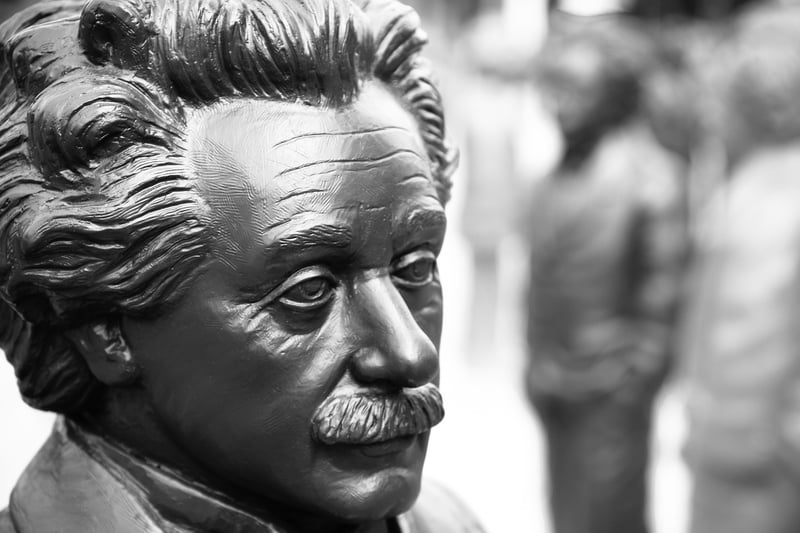Grandfather Paradox
The Grandfather Paradox: Exploring a Complex Phenomenon
Time travel, a concept that has fascinated humanity for centuries, brings with it a plethora of complex phenomena that challenge our understanding of the universe. One such enigma is the Grandfather Paradox, a thought experiment that delves into the implications of altering the past and the potential contradictions that could arise.
Understanding the Grandfather Paradox
The Grandfather Paradox poses a hypothetical scenario where a time traveler goes back in time and prevents their grandfather from meeting their grandmother. This action would result in the time traveler never being born, which raises the question: If the time traveler was never born, how could they travel back in time to alter the past in the first place?
Debates and Resolutions
Philosophers, physicists, and science fiction enthusiasts have long debated possible resolutions to the Grandfather Paradox. Some propose the idea of parallel universes, suggesting that altering the past would create a new timeline separate from the original one. Others argue for the concept of self-consistency, where any actions taken in the past were already part of history and cannot be changed.
Implications and Thought Experiments
The Grandfather Paradox raises profound questions about causality, free will, and the nature of time itself. It serves as a gateway to exploring the intricacies of temporal mechanics and the theoretical limits of what is possible within the framework of time travel.
Conclusion
As we delve deeper into the realm of time travel and its associated paradoxes, the Grandfather Paradox stands out as a compelling example of the intricate nature of complex phenomena. Whether viewed as a mind-bending puzzle or a philosophical conundrum, it continues to spark curiosity and imagination, inviting us to ponder the mysteries of the universe.

For further exploration of the Grandfather Paradox and other fascinating concepts, check out Space.com's article on time travel.
